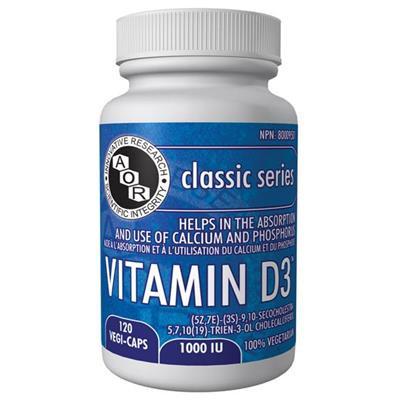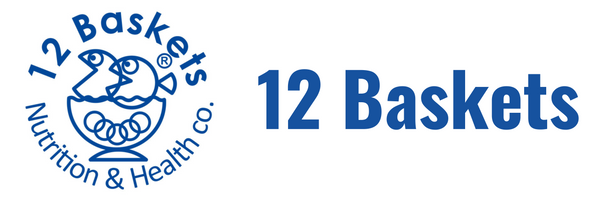You may not know it, but you could be suffering from a vitamin D deficiency. Covering up when you are outside, especially in the winter, causes you to block the major source of vitamin D in your body, the sun. Using sunblock during
Vitamin D is essential for growth and development as it regulates the functions of over 200 genes in your body. Vitamin D is regulated in your body when your skin is influenced by ultraviolet radiation from the sun, or through daily intake of vitamin D supplements.
Back before the 1930’s rickets (severe childhood vitamin D deficiency) affected around 85% of children born in the US and Europe. With the advent of fortified milk and infant formula with vitamin D, it is now an uncommon problem with babies. However,
Elderly people who spend a lot of time indoors, people who live in northern climates, and people who protect their skin with sunscreen at every given moment when outside are the most likely people to get a vitamin D deficiency. Without taking the right precautions to increase vitamin D intake in at-risk individuals, health complications may occur.
Risks of Vitamin D Deficiency
Vitamin D deficiency can cause minor or extremely major problems, depending on the type of vitamin D you are not receiving. The minor problems that come with a lack of vitamin D include bone pain, muscle weakness, a higher risk of falling and fragility fractures.
Major problems occur when your vitamin D3 is deficient. These problems can include diabetes, depression, obesity, chronic fatigue syndrome, and fibromyalgia. A lack of vitamin D3 can also cause Alzheimer’s or contribute to the development of breast, prostate, and colon cancers.
Sources of Vitamin D
The sun is the most prevalent source of vitamin D we can find on Earth. It can provide us with up to 90% of our daily vitamin D intake. It is recommended that a person should be exposed to sunlight for 10-30 minutes a day while 40% of their skin is exposed. House and car windows, plus copious amounts of clothes block essential UVB rays, so make sure you are outside and properly exposed to get the vitamin D you need.

Some populations live in latitudes where the UVB light from the sun cannot properly reach humans to produce the right amount of vitamin D in their skin. Taking vitamin D supplements are required to offset the lack of exposure to the sun.
Some foods, including egg yolk, fatty fish, fortified milk, cereal, and margarine are sources of vitamin D, although they don’t contain a lot of vitamin D.
All credit goes to 12 Baskets Nutrition and Health Co.
